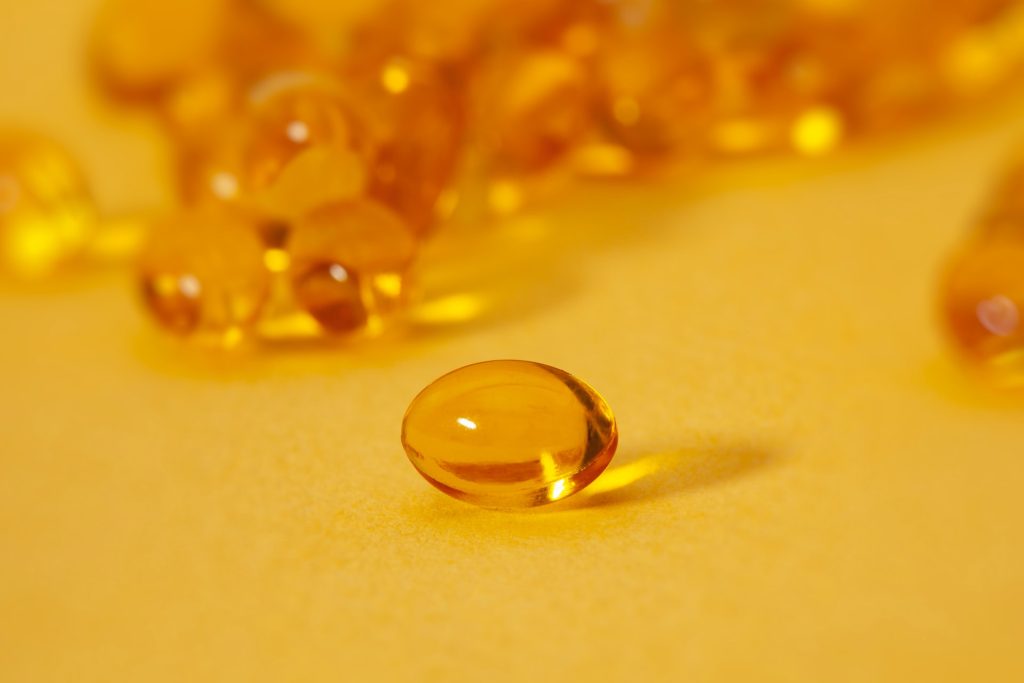Compression Garments Offer No Exercise Recovery Benefit

A meta-analysis of studies on the ability of compression garments, elastic clothing on the limbs or hips, to enhance muscle recovery after exercise found that they provide no recovery benefit. Rather, they should be used to help reduce injury, the reviewers suggest.
Use of compression garments has gained popularity over the last few decades because they are thought to enhance muscle recovery following exercise.
An international research team, led by assistant professor János Négyesi, conducted a review using a generic inverse variance model, which adjusts the weight of individual studies according to sample size, to more accurately assess the effects of compression garments than previous meta-analyses.
Contrary to results found in individual research, the meta-analytical evidence suggests that wearing a compression garment during or after training does not facilitate muscle recovery.
“Even data from our previous study supported the idea that such garments have the potential to reduce strength loss after a strenuous workout,” said Dr Négyesi. “However, when we synthesized the data of all relevant studies, we found no effect of compression garments on strength recovery – even when factoring in exercise type and when and where the compression garment is applied.”
The authors think this is a perfect example of contradictory outcomes from individual studies and meta-analytical evidence. Therefore, scientists should be careful when drawing direct conclusions from the results of their studies. Rather, meta-analyses using the most appropriate models can provide more precise and reliable results.
Overall, practitioners, athletes, coaches, and therapists should reconsider compression garments as a means of reducing the harmful effects of physical exercise on muscle strength and seek alternative methods.
The review appears in Sports Medicine.
Source: Tohoku University



